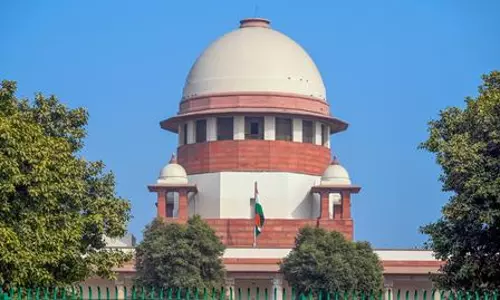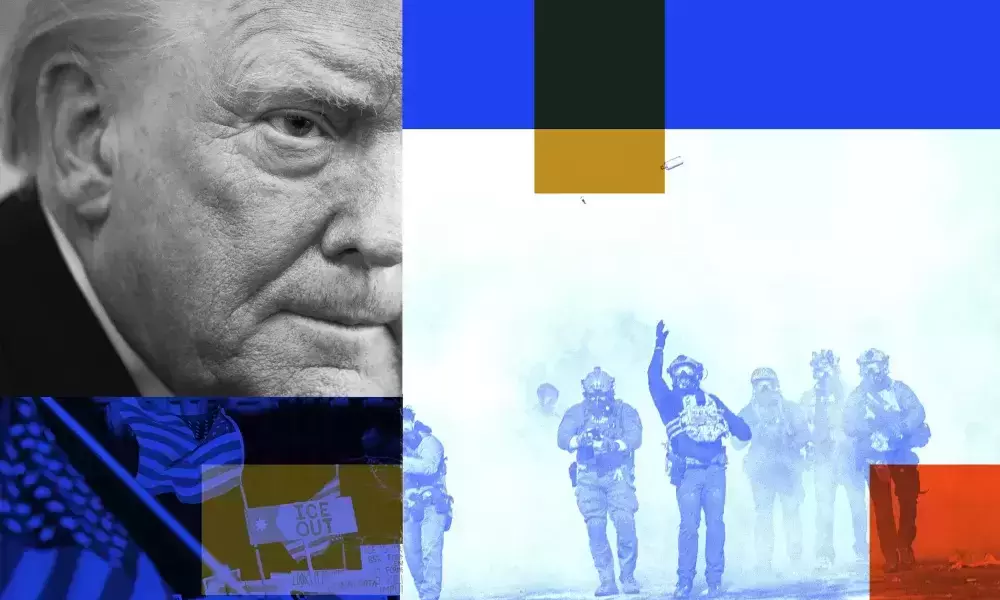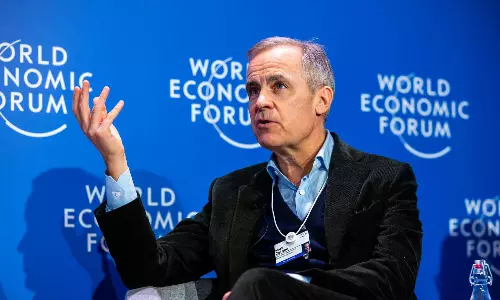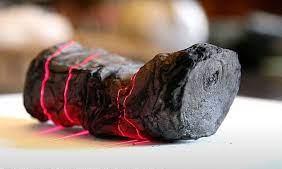
AI deciphers burnt ancient scroll from Mount Vesuvius eruption
text_fieldsAn Artificial intelligence (AI) tool has successfully deciphered the text of an ancient scroll that was severely damaged in the volcanic eruption of Mount Vesuvius almost two millennia ago.
These papyrus scrolls, still tightly rolled, were charred and buried in the Roman town of Herculaneum during the eruption in 79 AD, a fate similar to that of the city of Pompeii.
This significant breakthrough has given researchers hope for unlocking the secrets hidden within hundreds of such scrolls that have remained unread for centuries.
The task of decoding this ancient scroll was undertaken by 21-year-old computer science student Luke Farritor, who participated in the Vesuvius Challenge. This challenge called upon individuals to leverage technology to unravel the mysteries contained in these ancient texts.
Hailing from the University of Nebraska-Lincoln, Farritor developed a machine-learning algorithm capable of identifying Greek letters. His neural network was meticulously calibrated to discern the subtle, fine-grained differences in the surface texture of the papyrus, enabling it to recognise the characters imprinted on the ancient material.
Upon the successful completion of his endeavour, Farritor expressed his astonishment, stating, "When I saw the first image, I was shocked. It was such a dream. Now, I can actually see something from the inside of a scroll." His findings were reviewed by an academic committee, including Federica Nicolardi, a papyrologist at the University of Naples in Italy.
The Vesuvius Challenge organisers announced during a press conference that Luke Farritor was awarded the "First Letters" prize of $40,000 for his accomplishment. He managed to decipher and read over ten characters in a 4-square-centimetre section of the scroll.
The word uncovered by Farritor in the scroll was "Porphyras," which translates to "purple," as stated on the Vesuvius Challenge website. Overwhelmed with the significance of his achievement, he confessed, "I saw these letters and I just completely freaked out. I freaked out, almost fell over, almost cried."
Youssef Nader secured the second-place prize of $10,000 for discovering the same word within the scroll's designated area.
This pioneering utilisation of AI technology offers new possibilities for unveiling the wealth of knowledge encapsulated in ancient scrolls that have remained elusive for centuries, providing researchers and scholars with invaluable insights into the past.























